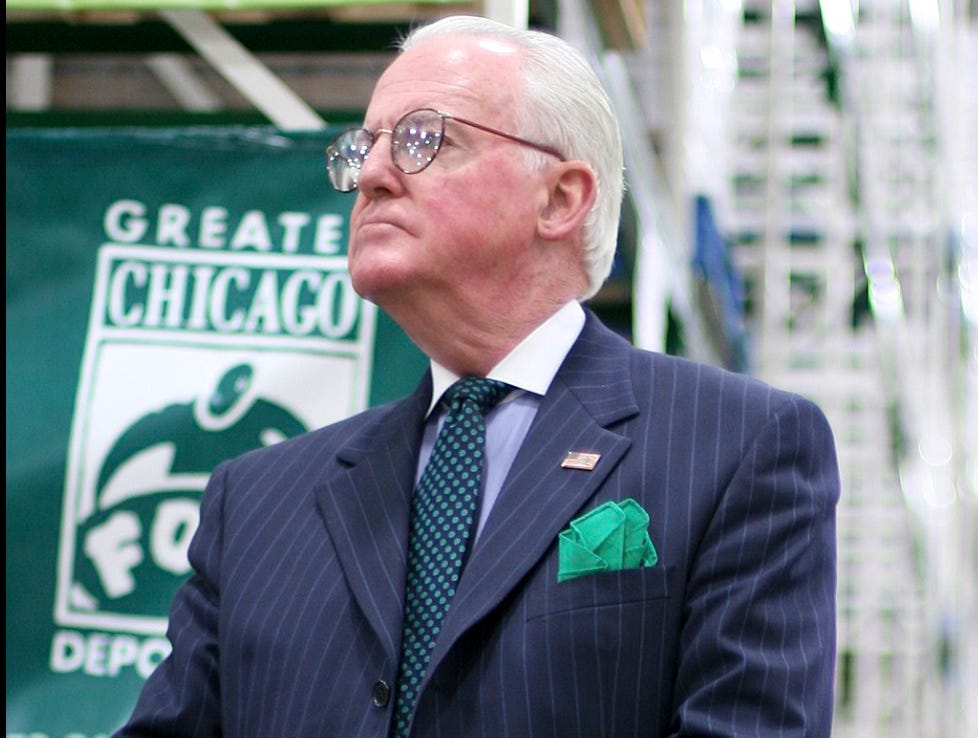Chicago archdiocese silent on donations from convicted politician
The Chicago archdiocese is facing questions about donations from the campaign funds of a long-time alderman
The Archdiocese of Chicago is facing pressure to return tens of thousands in donations from a city politician convicted of corruption, and facing prison time.

